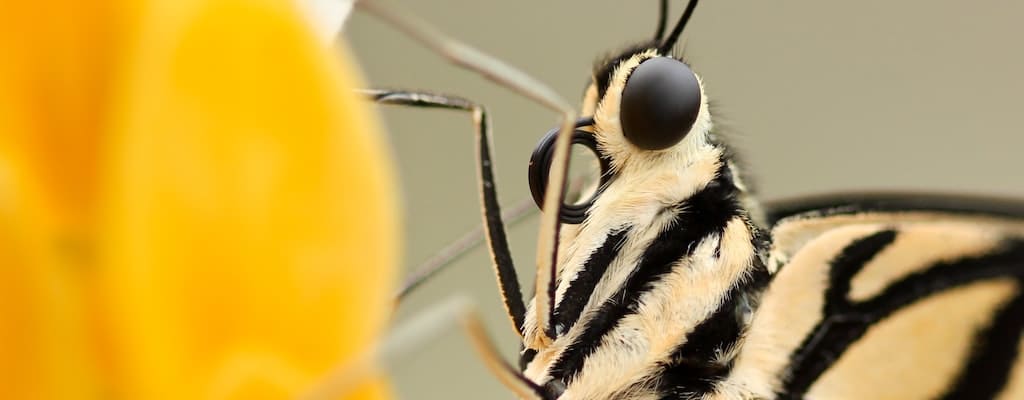three skips of a louse: Idiom Meaning and Origin
What does ‘three skips of a louse’ mean?
The idiom "three skips of a louse" means something that is insignificant, unimportant, or of little consequence. It suggests that the issue at hand is so trivial that it can be dismissed or ignored without any real impact.

Idiom Explorer
The idiom "throw aside" means to disregard or ignore something or someone, usually in a careless or dismissive manner.
The idiom "Three Stooges" refers to a group of three people who are considered silly, clumsy, or incompetent, often engaging in slapstick comedy. It implies a lack of intelligence or common sense in their actions or behavior.
The idiom "third-rate" refers to something of inferior quality or value, often used to describe a person or thing that is considered substandard or of low standard, typically ranking below the first or second rate.
The idiom "take lightly" means to not take something seriously or to underestimate its importance or impact.
The idiom "sweep aside" means to dismiss or ignore something or someone as unimportant or insignificant, usually due to a lack of interest or consideration.
The idiom *step over* means to bypass, ignore, or disregard something, usually a problem or an obstacle. It implies that a person moves forward without addressing or resolving the issue at hand.
An idiom widely used to refer to something insignificant or unimportant. It implies that the mentioned object or amount is of little value or significance.
The idiom "slip through the cracks" means to be unnoticed or go unnoticed, often referring to a situation or person that is overlooked or neglected due to a lack of attention or proper consideration.
Louse's Astonishing Hops
The idiom "three skips of a louse" is believed to have its origins in the southern regions of the United States. It is an expression used to describe something that is very insignificant or of no importance. The idiom is derived from the movement pattern of lice, as they are known to move by taking three quick jumps or skips.
When this idiom is used, it typically conveys a sense of dismissiveness or belittlement towards the subject at hand. It suggests that the matter being referred to is so trivial or inconsequential that it is not deserving of serious consideration or attention. The idiom is often employed in informal contexts and is not commonly used in formal writing or speech.
Furthermore, it is worth noting that the idiom "three skips of a louse" may also be used to describe a person who is small or insignificant in stature. In this sense, the idiom takes on a more metaphorical meaning, highlighting the perceived lack of significance or importance of the individual being referred to.
The idiomatic expression "skate over" can be related to the idiom "three skips of a louse". "Skate over" means to quickly pass over or ignore something without giving it much attention or consideration. It is similar to the dismissive nature of the idiom "three skips of a louse" in that both expressions convey a lack of importance or significance placed on the subject at hand.
The idiom "skate over" can be used when someone wants to downplay or disregard a topic or issue. It implies that the matter being discussed is not worth dwelling on or delving into deeply. It is a way of breezing past an issue without giving it much thought or consideration.
Similarly, the idiom "small change" can also be related to the idiom "three skips of a louse". "Small change" is used to describe something that is insignificant, unimportant, or of little value. It suggests that the subject matter is trivial and not worthy of much attention or consideration.
The idiom "small change" is often used in a figurative sense, referring to things that are of little consequence or impact. It can be used to diminish the significance of a particular event, idea, or action. In this sense, it is similar to the dismissive nature of the idiom "three skips of a louse". Both expressions convey a sense of insignificance or unimportance.
Lastly, the idiom "small potatoes" can also be related to the idiom "three skips of a louse". "Small potatoes" is used to describe something that is insignificant or unimportant. It implies that the subject matter is not worth much attention or consideration.
The idiom "small potatoes" is often used to downplay the significance or importance of something. It suggests that the matter being referred to is trivial and not deserving of much focus or consideration. This is similar to the dismissive nature of the idiom "three skips of a louse". Both expressions convey a lack of importance or significance placed on the subject at hand.
Overall, the idiom "three skips of a louse" serves as a reminder of the vast array of expressions and linguistic peculiarities that exist within the English language. It reflects the creative and often whimsical nature of idiomatic expressions and the richness of language as a tool for communication.
Example usage
Examples:
- He is so lazy, he wouldn't take three skips of a louse to do any work.
- The politician's promises were about as trustworthy as three skips of a louse.
- She is a terrible driver, weaving in and out of traffic like three skips of a louse.
More "Insects" idioms



